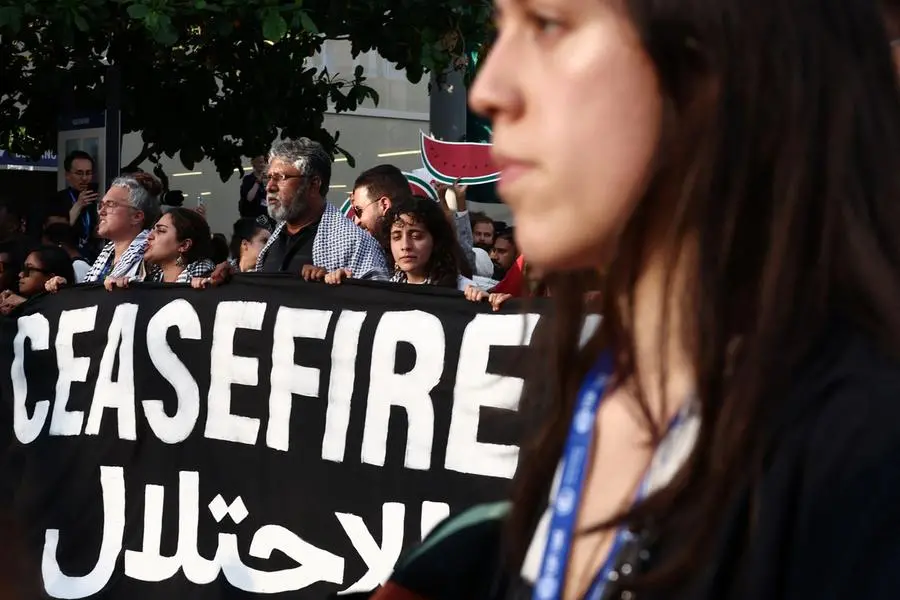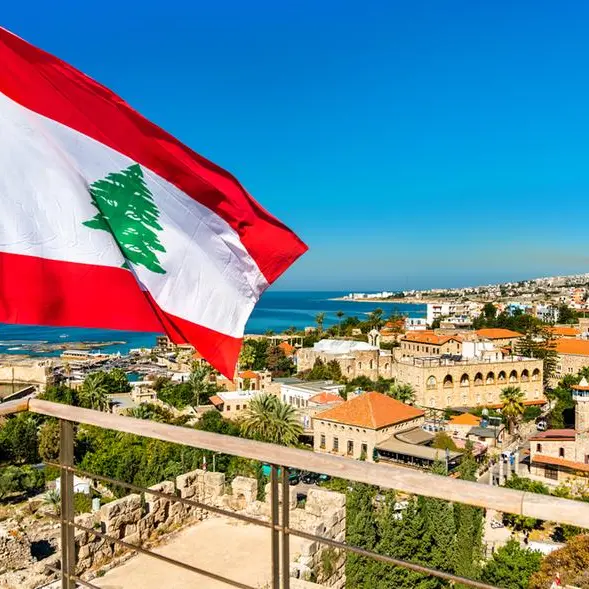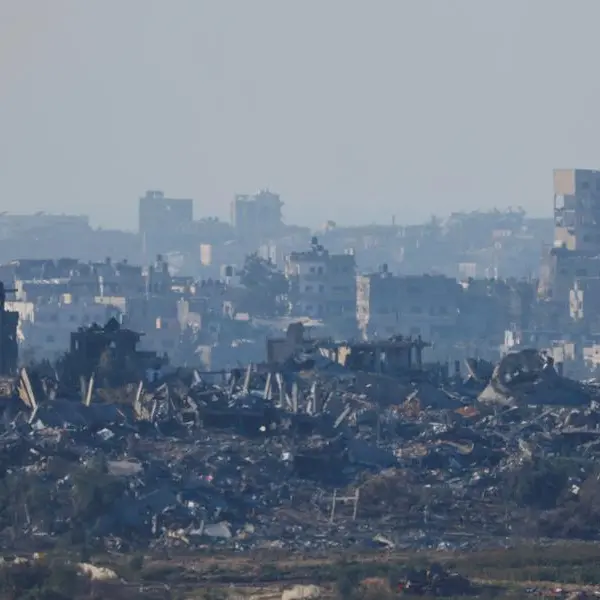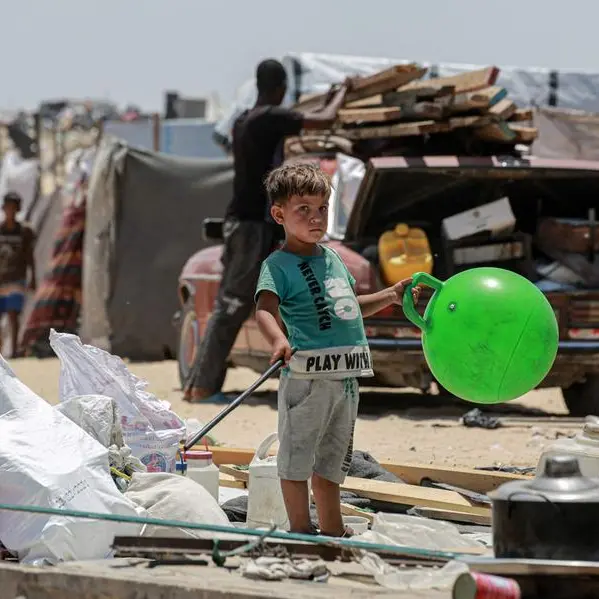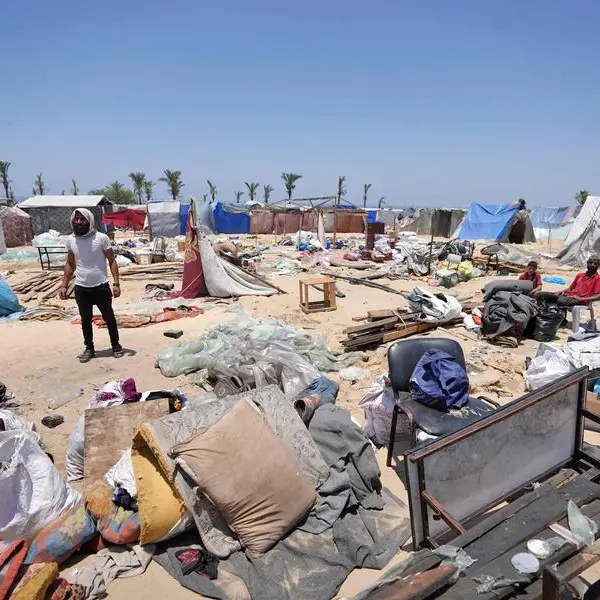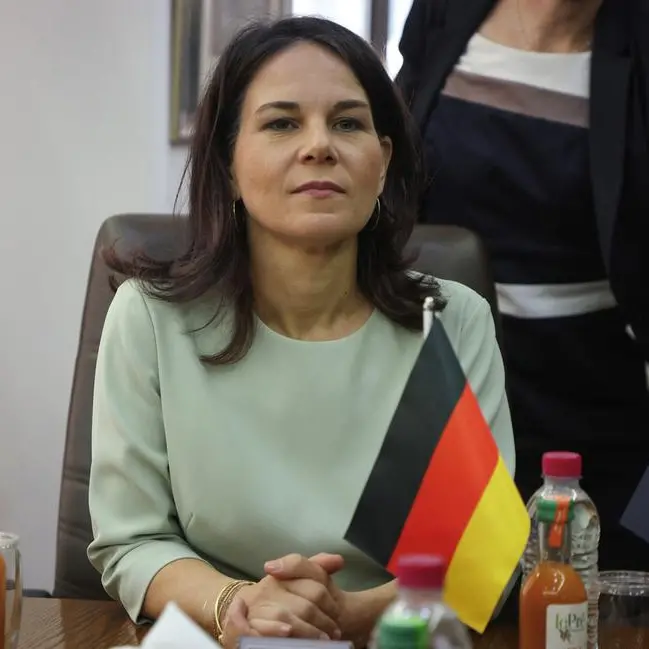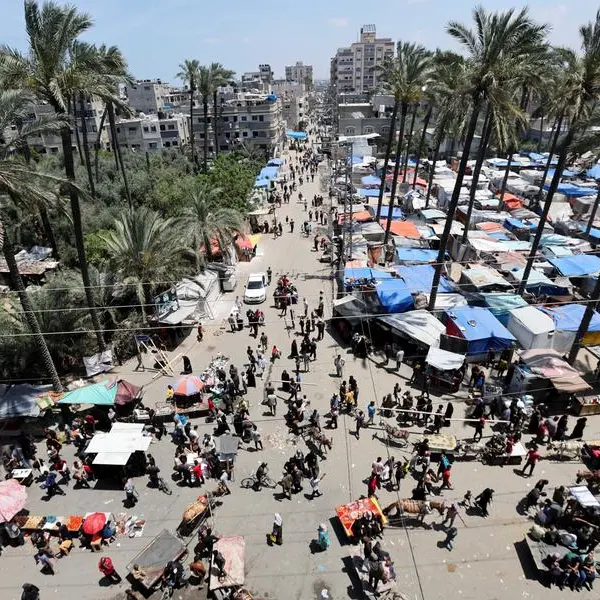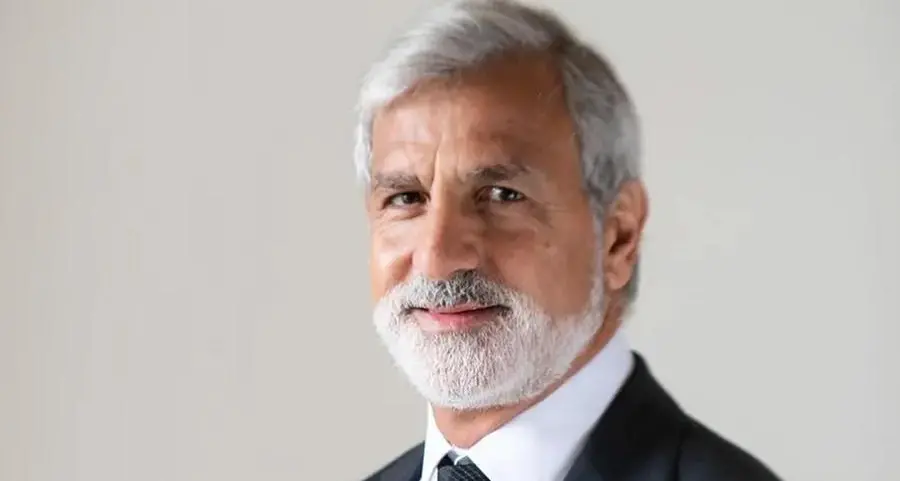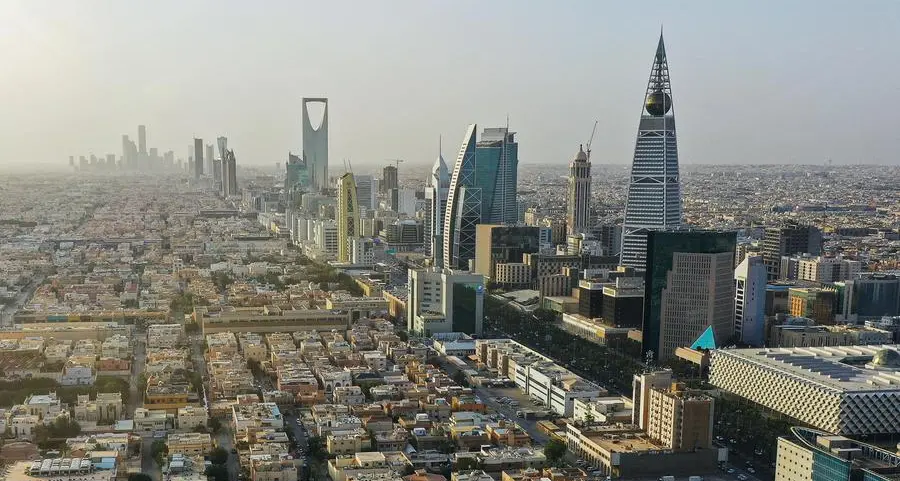PHOTO
For Haya Issa, an American expat with Palestinian-Jordanian roots, and her four children, their weekend routine has been similar for many years — head to the local drive-through fast-food joint for a milkshake and burger. However, for the last couple of weekends, this has changed. "We are boycotting brands that are openly supportive of the genocide in Gaza," she said. "And many of our favourite fast-food, sodas and coffee brands are on this list. So we have changed our routine and habits quite a lot."
Haya is one of the many UAE residents who have joined the global movement to boycott brands that have either taken pro-Israeli stances or have financial interests in the country.
Agencies have reported that several Western brands have been hit by the boycotts sweeping across the world, especially in Arab countries. Seattle-based Starbucks Corporation has lost approximately $11 billion in value since the calls for a boycott began.
"We have been eating local and buying local," said Haya. "I don't think you need to be Palestinian to see the need to stay away from brands that actively support or condone the level of violence that Israel is unleashing in Gaza. I had been boycotting certain brands even before the October 7 incident, but now I can see that people worldwide are coming together to make their voices heard."
Previous boycott campaigns in Egypt, the Arab world's most populous nation, had less impact, including those advocated by the Palestinian-led Boycott, Divestment, Sanctions (BDS) movement.
Believing in boycotting
Rhiannon Downie-Hurst is a big believer in boycotts and has done it in the past. "One of the best examples of boycott working is when women, in particular, boycotted sugar made by the hands of slaves, which played a part in the lead-up to the abolition of the slave trade," she said. "Boycotting isn't new to me; I've done it before and will continue to boycott where necessary."
She said that she has chosen to forego several known brands. "I'm choosing to boycott companies who have shown blatant support of the oppression and killing of innocent Palestinians in Gaza," she said. "My life has been absolutely fine without these brands and businesses. In fact, I believe that it sometimes forces people to be far more conscious and aware of what businesses are receiving their hard-earned money from and often moves people towards local, homegrown, and smaller businesses."
Discovering small restaurants
For Indian expat Uma Bhattathiripad, the decision to join the boycott movement came from a place of frustration. "You feel so helpless not to be able to do anything to help the Palestinians who are so far away and suffering such atrocities," she said. "Boycotting brands seems to be the only way to put pressure for a ceasefire."
She said the biggest challenge has been explaining to children why they no longer have some of their favourite foods. "My older son is a massive fan of fast food," she said. "Most of the time, he sticks to the boycott, but there are a few times he has succumbed to his temptations, but that is ok."
She said the best outcome of this has been the discovery of several local brands. "We are eating at several local homegrown restaurants and tiny cafeterias," she said. "We have started using a lot of local brands. We are talking about really small businesses, and it has made such a positive change in our lives. In a sense, it is a long-term shift that was highly overdue."
Sceptical at first
Irish expat Gabby Garvey was sceptical about boycotts at first. "I said [to my friends] to think before boycotting in this country because most businesses in the UAE are franchises. By us, residents, boycotting those businesses, we impact the local economy- which in return affects our livelihoods and local jobs that we, our spouses and friends occupy," she said. "In addition, I also said to dig deeper as many brands from water, food, cosmetics, fashion and construction material industries have links to multibillion-dollar global big organisations that support IDF, so our few million will not make a difference."
However, since then, Gabby has changed her mind. "I realised that boycott isn't just to harm a business that is supporting genocide," she said. "It is there to show ordinary people united with a single message against oppression and convey their demands for a dignified, free life for all. It can be powerful enough to pressure government officials and those multibillion-dollar organisations."
Copyright © 2022 Khaleej Times. All Rights Reserved. Provided by SyndiGate Media Inc. (Syndigate.info).
